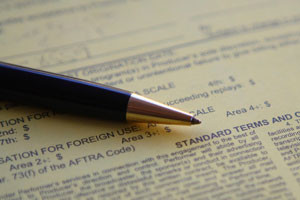Reverse Mortgages
 With the downturn in the economy and ever-increasing healthcare costs, increasing numbers of people near or after retirement age are experiencing financial challenges. With limited funds and limited earning potential, they are looking for assets that they can tap, to help pay the bills.
With the downturn in the economy and ever-increasing healthcare costs, increasing numbers of people near or after retirement age are experiencing financial challenges. With limited funds and limited earning potential, they are looking for assets that they can tap, to help pay the bills.
If you have financial challenges and have built considerable equity in your home, consider whether a reverse mortgage can help you:
- You can tap the equity in your home to pay off debt and back taxes that might otherwise force you to declare bankruptcy
- Rather than making a mortgage payment, you can receive money from the bank on a monthly basis
- If you are having a hard time making your monthly payments, a reverse mortgage may prevent foreclosure
How Does a Reverse Mortgage Work?
With a reverse mortgage, the bank is essentially buying the home from you. This equity can be used to supplement a small pension or Social Security income, allowing an elder to stay home longer.
For example, if you have a home worth $200,000. and you only have $10,000. remaining on your mortgage, a reverse mortgage with your bank will allow the bank to make monthly payments to you. (You and the bank will agree upon the amount to be paid to you).
If you die before the end of the payment period, the bank will pay the remaining funds to your estate for distribution to your heirs. In the meantime, you will have made use of the monthly payments, recapturing the equity you had built in your home.
Legal Help with a Reverse Mortgage
If you are 62, the real estate attorneys at Volman Law can help you close on a reverse mortgage on your home.
Unsure if a reverse mortgage is right for you? Contact our Shelton, Connecticut law office to talk with a lawyer about your financial situation. We can help you understand your options.

Get your questions answered - call me for your free, 20 min phone consultation (203) 929-7771

